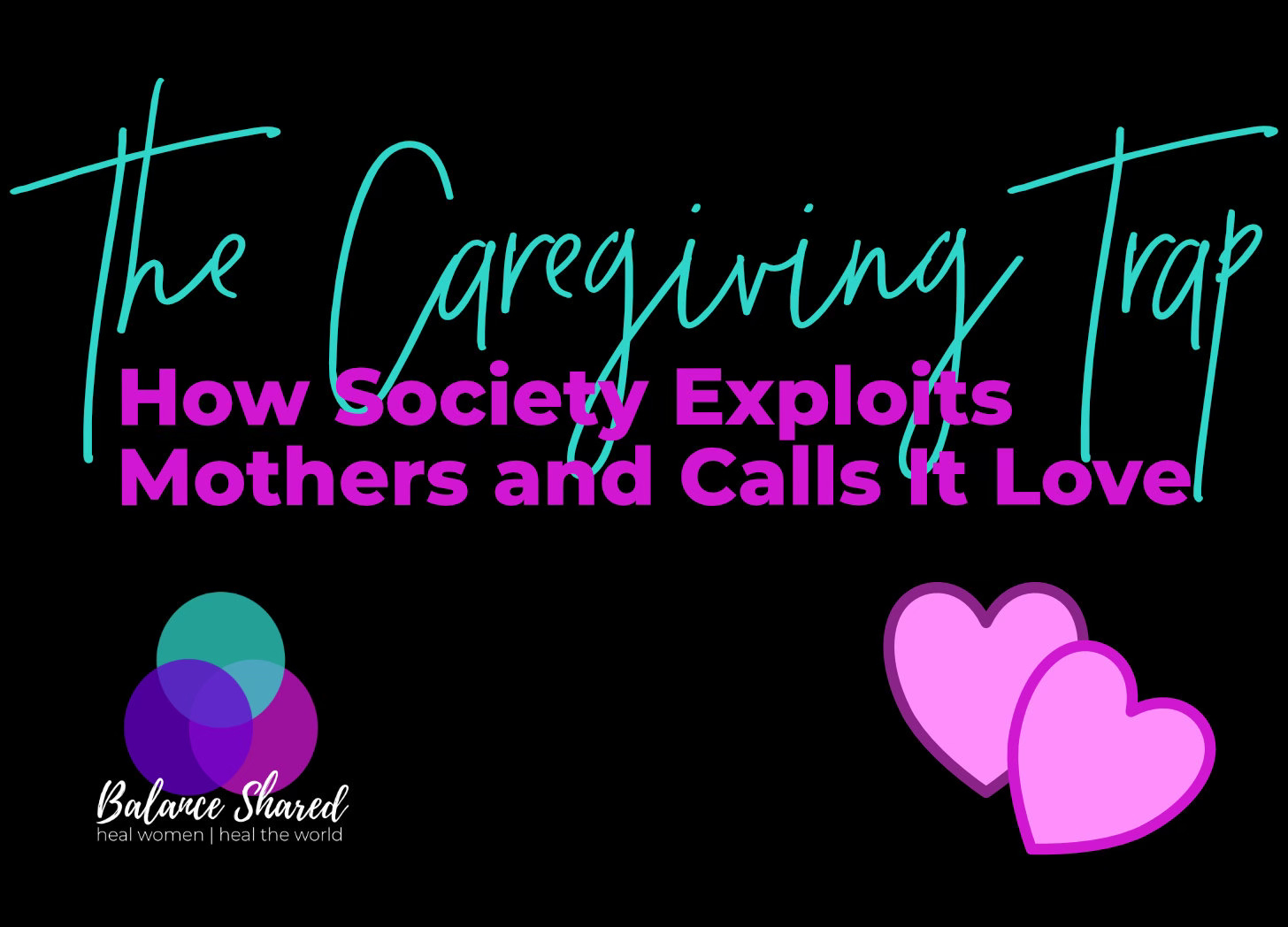The Caregiving Trap: How Society Exploits Mothers and Calls It Love
If caregivers vanished tomorrow, the world would collapse. So why don’t we value them?
Motherhood isn’t anything like I thought it would be. When I was in my early twenties, I had a fantasy that it would be homemade meals and children frolicking with joy to be each others’ siblings. Far off in that fantasy, I probably held whatever career made sense, and I had a partner who did 50% of the household management. Motherhood hasn’t turned out to be any of those things. While I would never trade my kid for anything, I would trade the way we treat caregivers for the fall of patriarchy.
Five months before I started organizing for child care, I wrote about child care. The time was May 2020, and it was in response to a podcast interview I did with a then-organizer of one of my favorite non-profits, Family Foward Oregon/Action. In that post, I shared a little about my story as a mom of a young person, the complications of being a mother, and how the system is set up to make us feel isolated, like we’re failing, and make it really hard for us to make ends meet.




